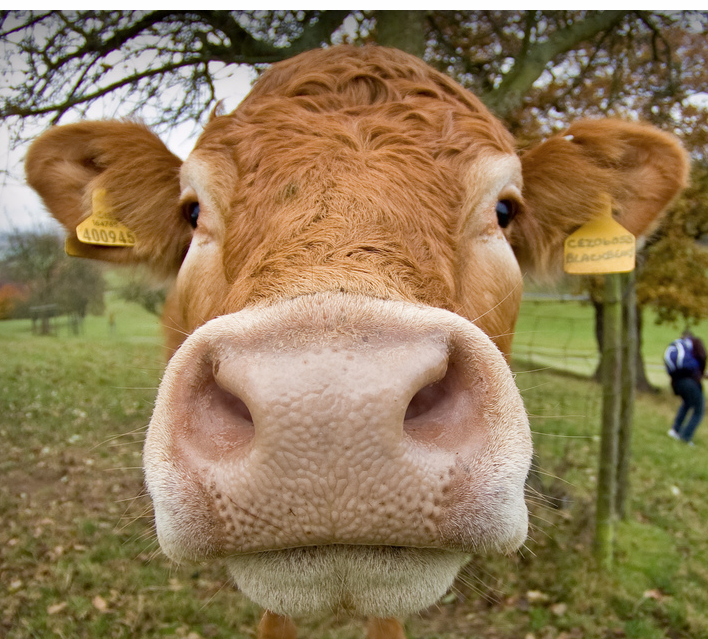 If you’re astute you will realise that all the numbers in the heading of this blog entry are the same. They are different ways of saying the same thing, namely the amount of money the EU spends on what is called in the Financial Perspectives “Agricultural price support and rural development”, i.e. the CAP. The numbers are for 2013 financial perspectives, and are taken from here.
If you’re astute you will realise that all the numbers in the heading of this blog entry are the same. They are different ways of saying the same thing, namely the amount of money the EU spends on what is called in the Financial Perspectives “Agricultural price support and rural development”, i.e. the CAP. The numbers are for 2013 financial perspectives, and are taken from here.
Now think about how a national budget is debated. Do you hear phrases like “it’s unacceptable that welfare payments make up 17% of the UK budget”? No, because we do not talk about the budget in relative terms. We instead tend to argue for more or less spending in a particular area, according to need, and for a higher or lower budget (and correspondingly lower or higher taxes). A summary of UK public spending can be found here, also showing that the UK spends more on just healthcare than is the total size of the EU budget for the whole EU.
So then, rather than asking whether it is right that agriculture makes up an arbitrary percentage of a legally constrained number (40.4% of €126,646,000), how about asking an alternative question: is it right that €51.1 billion of EU funds are allocated to agriculture, and that EU plus national support for farmers together comes to under 1% of GDP (OECD figures, P 9 here, via @CraigJWilly)? And then ask whether how that money is spent, and whether it is spent correctly and appropriately?
[Two caveats to the above: I am just using numbers from the financial perspectives – due to GDP contraction, and difference between commitments and appropriations in the EU budget the numbers may vary a little. Second, I have no idea what farming policy the EU actually needs (I’m not a farming specialist), but that’s the first question we need to answer, not to look at the % of EU funds committed to farming]








@Tony – fair question. I think I should have phrased it “what farming policy the diverse regions of the EU need” or something like that, or what balance between different types of farming the parts of Europe need. The needs vary enormously, and that diversity is only partially encompassed by the CAP as it’s currently organised.
“what farming policy the E.U needs” Is this a meaningful question? Surely there is almost as many distinct needs as countries in the E.U. Even in the U.K the needs of East Anglia are very different from those of Wales or the West Country
Also rather important to note that as the CAP is a Common Policy, spending at EU level replaces member state spending so it’s not surprising it’s such a big chunk of the EU Budget…
Nice post. I also wish more people put the 40% figure into context, not least by asking what would happen if it was cut, or conversely what the added value of EU versus MS spending on agriculture should be.
But for my money both questions – % and €bn – are important. The question of whether €51.1bn is good value relates €s to needs (that’s one for the experts); whilst the % question is more about what the EU should be, what purpose it should serve (that’s one for the public – when put in context, as per the above).
That the latter question has more resonance for the EU than for member state spending isn’t that surprising, since the EU isn’t a government, so the raison d’etre is always more up-for-debate.
I disagree – especially because the EU budget is constrained, I find “How much of the limited resources available do we want to spend on agriculture?” the most relevant question to ask. Second, “what kind of agriculture do we want to support with that amount?” – seeing the «compromise» paper tabled now both answers given by the current political establishment head in the wrong direction: hardly any cuts to the outrageously high agricultural budget, and support for green approaches only at the discretion of member states. If this is what the clowns decide, they will loose an entire generation, no matter Erasmus and all.